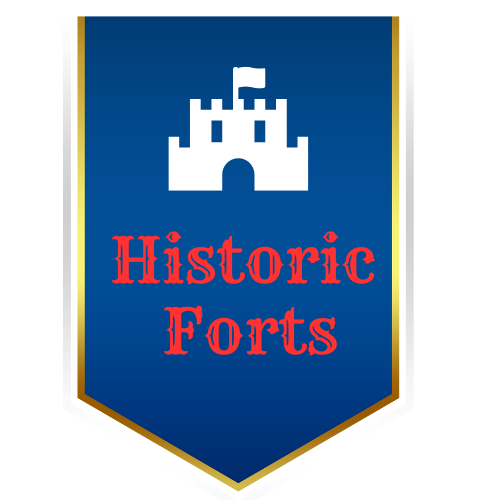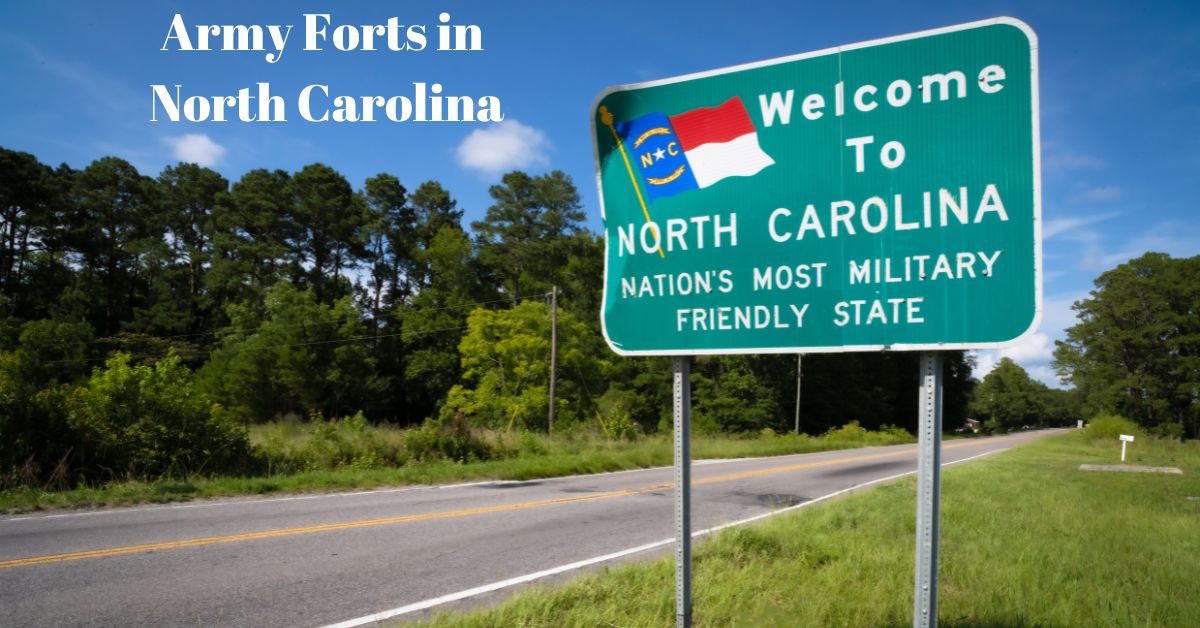North Carolina has various military installations, including several prominent army forts. These installations have played vital roles in the state’s history and contribute significantly to the local economy and community.
Among them, notable army forts in North Carolina include Fort Bragg, Camp Mackall, and Camp Butner.
Fort Bragg, the largest military base in North Carolina and one of the largest in the world, hosts the 82nd Airborne Division and the U.S. Army Special Operations Command. It is a critical training and deployment center for America’s armed forces.
Camp Mackall, located near Southern Pines, is dedicated primarily to Special Forces training. Meanwhile, the historical Camp Butner, active during World War II, played a significant role in training infantry divisions and artillery units.
These military installations contribute to the state’s strong military tradition and benefit the surrounding communities through employment opportunities and economic investment.
These army forts in North Carolina underscore the state’s strategic importance in America’s past and present military endeavors.
History of Army Forts in North Carolina
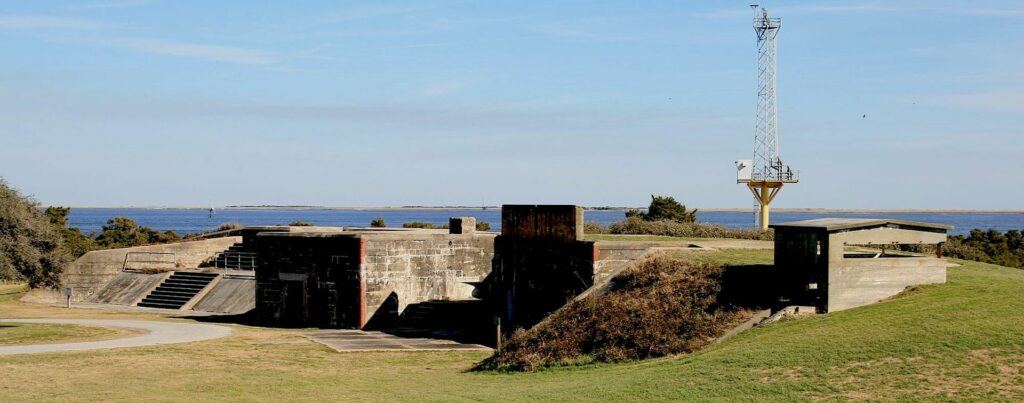
North Carolina has a long history of military installations and forts, playing a significant role in the United States’ defense. Civil War-era forts like Fort Caswell protected the coast, while others were established during World War I and World War II to train military personnel.
Fort Bragg, the largest military base in North Carolina, was initially named Camp Bragg during World War I. It was founded as an artillery training center and later home to the 82nd Airborne Division and the US Army Special Operations Command.
Throughout its history, Fort Bragg has expanded, and it now covers over 160,000 acres, hosting numerous military units and civilian employees.
Marine Corps bases in North Carolina, such as Camp Lejeune and MCAS Cherry Point, were established during World War II. These bases have served as essential training locations for the Marine Expeditionary Force and Marine Aircraft Group. The East Coast Marine Corps bases have been vital in training and deploying troops for conflicts such as the Korean War and Vietnam War.
Other Military Bases in North Carolina

In addition to the Army and Marine Corps installations, North Carolina has been home to Air Force and Coast Guard operations.
Seymour Johnson Air Force Base, home to the 4th Fighter Wing, was established during World War II, while Coast Guard Sector Charleston has played an essential role in protecting the US coastlines and waterways.
Throughout history, North Carolina’s military installations have evolved and adapted to the changing landscape of global conflicts and national security requirements.
New and modernized facilities have been constructed to provide advanced training and support to US military personnel, ensuring that the United States remains a formidable force to defend its citizens and interests worldwide.
Army Forts in North Carolina
Active Forts
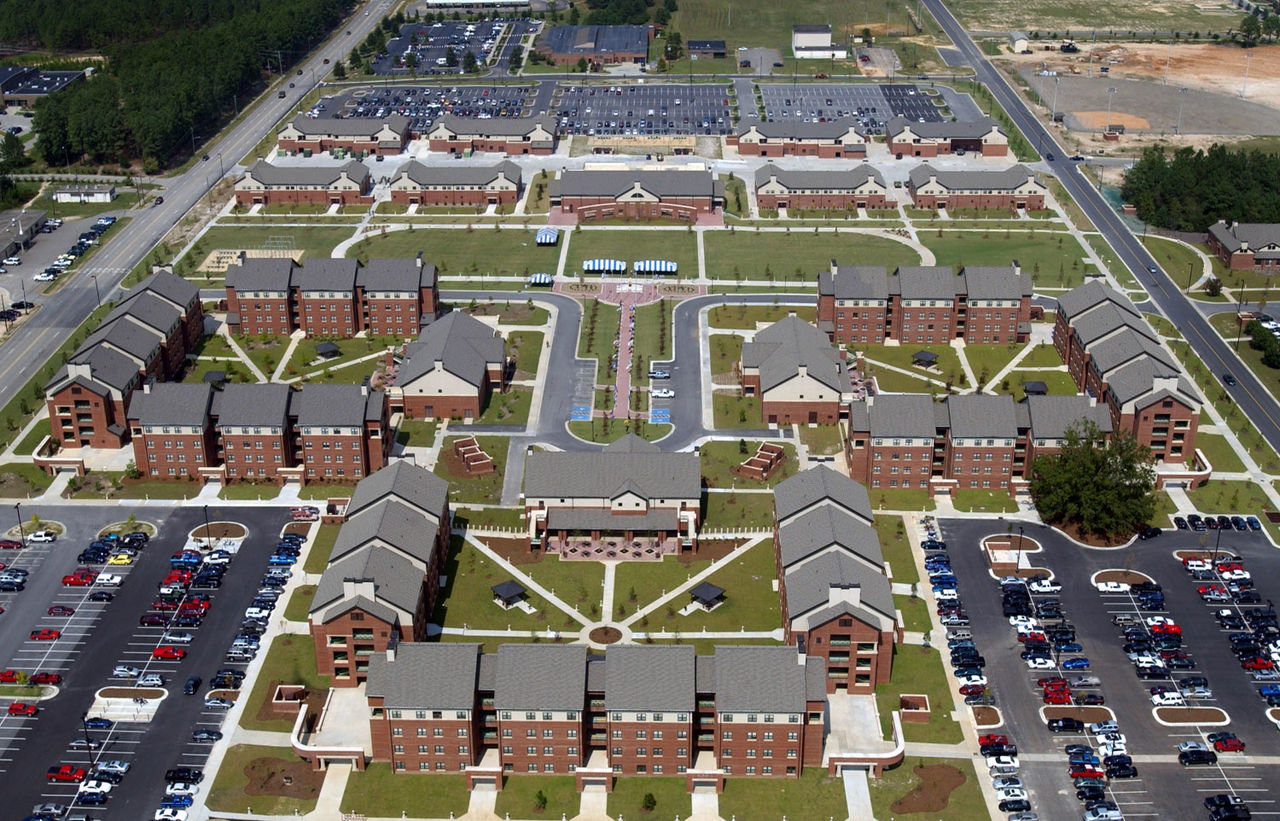
North Carolina has several active military installations contributing to the United States national security. Fort Bragg, located near Fayetteville, is among the significant army bases in the state.
As the largest military base in the world by population, it spans over 250 square miles and hosts the 82nd Airborne Division, the Airborne Corps, and the Special Operations Command. Fort Bragg also encompasses Pope Field, formerly Pope Air Force Base.
Another major installation in North Carolina is the Marine Corps Base Camp Lejeune, encompassing Marine Aircraft Group 29, Marine Expeditionary Force, and the U.S. Army Reserve. This base is a critical military personnel training center for the east coast.
Inactive Forts
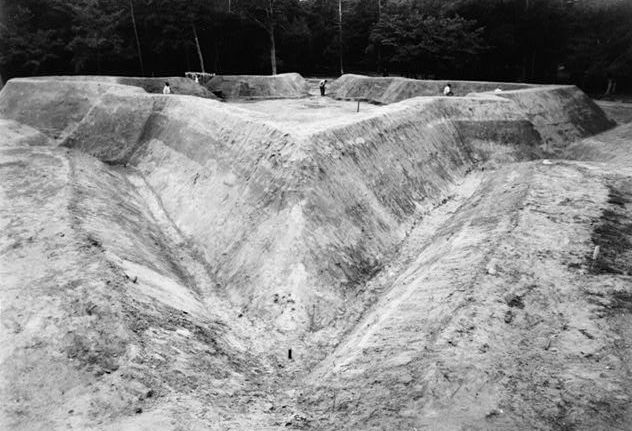
Several historical forts and military installations in North Carolina trace their roots back to the Civil War and World Wars.
One notable example is Fort Caswell, a confederate earthwork fort near Oak Island. Constructed during the Civil War, it played a remarkable role in protecting the Cape Fear River.
Fort Morgan, another inactive fort, guarded the Roanoke River during the Civil War era. Similarly, Camp Mackall was a crucial base during World War II, where the U.S. Army trained paratroopers and support troops for airborne operations such as the 82nd Airborne Division.
Many former army forts in North Carolina have been repurposed or integrated into modern military installations.
For example, Civil War-era Fort Liberty was eventually merged with the neighboring Fort Benning, while the Roanoke Island Confederate Fort has been preserved as a historical site and museum.
Role and Purpose of Army Forts in North Carolina
The Role and Purpose of Army Forts in North Carolina can be traced back to the Civil War era when they served as-military installations for the Union and Confederate forces.
These forts were crucial in providing a strategic defense along the East Coast, especially near critical waterways such as the Cape Fear River and the Roanoke River.
Over time, army forts in North Carolina have evolved in their roles and capabilities, adapting to new threats and requirements. Several new army bases were established during World War II, including Fort Bragg and Camp Mackall.
Fort Bragg became the primary base for the 82nd Airborne Division and played a significant role in training airborne corps for the war. Camp Mackall was a key training center for the United States Army during the conflict.
U.S. military bases like Fort Bragg, which has grown to encompass more than 251 square miles, have expanded to accommodate multiple missions and tenant units from various military branches, including the U.S. Army, Marine Corps, Air Force, and Coast Guard.
These forts offer a comprehensive military personnel training center for various military operations.
- Fort Liberty: Initially built as a Confederate earthwork fort, it was renamed during World War I.
- Fort Caswell: Serving in both the Civil War and World War I, this fort was later handed over to the federal government and integrated as part of the national defense infrastructure.
- Pope Field: Originally an Army airfield, it is now primarily used by the Air Force, with a focus on training the 4th Fighter Wing.
- Camp Lejeune: Home to the Marine Expeditionary Force, this base enhances training and readiness for Marine Aircraft Groups and the Marine Corps.
- MCAS Cherry Point: A Marine Corps air station that supports both Marine and Naval aviation units.
Through the years, these army forts have been vital in ensuring national security, providing vital military installations for multiple branches of service, and training the men and women who serve in the U.S. military.
These forts ensure that the United States remains prepared for future conflicts and upholds its commitment to protecting its citizens and allies.
Notable Events and Battles in North Carolina
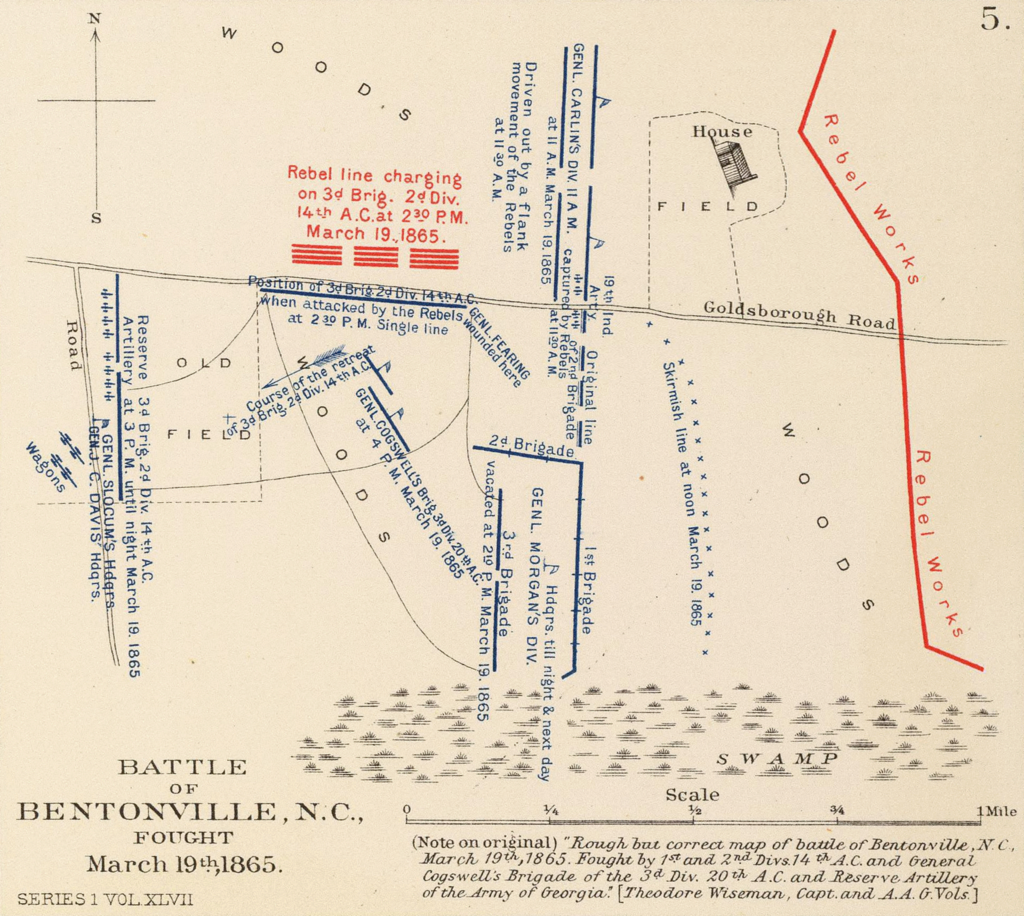
During the Civil War, North Carolina was home to several important forts and battles, such as Fort Fisher and the Battle of Bentonville. These engagements were critical in protecting key ports and trading routes, including the Cape Fear River and Roanoke Island.
Following the Civil War, the United States focused on expanding its military presence along the East Coast. North Carolina became home to several new military installations, such as Fort Liberty, Fort Benning, and Fort Caswell.
These army bases offered much-needed land and resources for the growing U.S. Army and played a significant role during both World Wars.
Fort Bragg
One of the largest military bases in North Carolina is Fort Bragg, which has served as a training center for the 82nd Airborne Division, one of the most decorated combat units in the United States Army.
The base has played a crucial role in various conflicts, such as World War II, the Korean War, and the Vietnam War.
Marine Corps
Moreover, the Marine Corps has established a strong presence in North Carolina by developing Camp Lejeune and MCAS Cherry Point. These installations house the Marine Expeditionary Force and Marine Aircraft Group, respectively, providing vital resources for national defense.
Additionally, North Carolina hosts Pope Field, previously known as Pope Air Force Base. The base is home to the 4th Fighter Wing and supports various tenant units, making it an essential component of the United States military infrastructure.
Over the years, North Carolina’s military installations have undergone numerous changes, with some receiving new names and others being decommissioned. Many of these bases, such as Fort Morgan, Camp Mackall, and Roanoke River, have contributed to U.S. military history.
Visitor Information For Military Bases in North Carolina
North Carolina hosts several notable military installations, the most famous of which are Fort Bragg and Camp Lejeune. Fort Bragg, home to the 82nd Airborne Division and United States Army Special Operations Command, is one of the largest military bases in the world.
Here, we provide visitor information for those interested in exploring North Carolina’s rich military history through guided tours, museums, and exhibits.
Guided Tours
Many military installations in North Carolina, such as Fort Bragg, offer guided tours for civilians to learn about the history and significance of the base. These tours often showcase important landmarks, historic sites, and military training facilities on the base’s grounds.
The base’s public affairs office typically organizes tours which must be scheduled in advance. For information about Fort Bragg tours, visit the All-American Visitor Control Center.
Museums

There are several museums dedicated to North Carolina’s military history. The Airborne and Special Operations Museum in Fayetteville, located near Fort Bragg, covers the history of the 82nd Airborne Division from World War I to the present.
The Montford Point Marines Museum at Camp Lejeune commemorates the service and sacrifices of African-American Marines during World War II and beyond. These museums offer valuable insights into the lives of military personnel and showcase the diverse roles that the United States military has played in global conflicts.
Exhibits
In addition to guided tours and museums, several military installations in North Carolina feature outdoor exhibits that reflect the unique attributes of each base.
At Fort Bragg, visitors can view static displays of military aircraft, vehicles, and monuments dedicated to past and present members of the 82nd Airborne Division.
Camp Lejeune’s Marine Corps Base Camp Lejeune Museum showcases the history and heritage of the Marine Corps through exhibits highlighting major conflicts and notable moments in the Corps’ storied past.
As you explore North Carolina’s military history, you’ll be immersed in the stories of the men and women who have served the United States throughout its history.
From the earliest days of the American Revolution to today’s ongoing operations around the globe, the military installations in this state offer an unparalleled glimpse into our nation’s commitment to freedom and security.
Renaming of Military Bases
Recently, the Secretary of Defense has worked with the Department of Defense to implement new names for several bases, including transitioning from Fort Bragg to Fort Liberty.
Alongside these changes, other notable sites like Camp Mackall and MCAS Cherry Point continue to thrive, hosting the United States Marine Aircraft Group and the 4th Fighter Wing.
Conclusion – Army Forts in North Carolina
United States Army bases in North Carolina have played a significant role in the nation’s history, dating back to the Civil War. The state has been home to various military installations spanning various branches, including the Marine Corps and Airborne Corps.
Fort Liberty, formerly Fort Bragg, is one of the largest and most well-known army bases on the East Coast, encompassing over 500 square miles along the Cape Fear River.
Throughout its history, North Carolina’s forts have served vital roles in various conflicts, such as World War I, World War II, the Korean War, and the Vietnam War.
Fort Benning and Camp Lejeune have become particularly important as they serve as military personnel training centers and house the 82nd Airborne Division and Marine Expeditionary Force, respectively.
North Carolina also remains an essential location for Army Reserve and Marine bases. Sites like Elizabeth City, Camp Johnson, and Roanoke Island are central military service and national security hubs.

Cory is a website owner and content creator who enjoys fishing, history, coin collecting, and sports, among other hobbies. He is a husband and father of four.
Romans 15:4 For whatever was written in former days was written for our instruction, that through endurance and through the encouragement of the Scriptures we might have hope.
